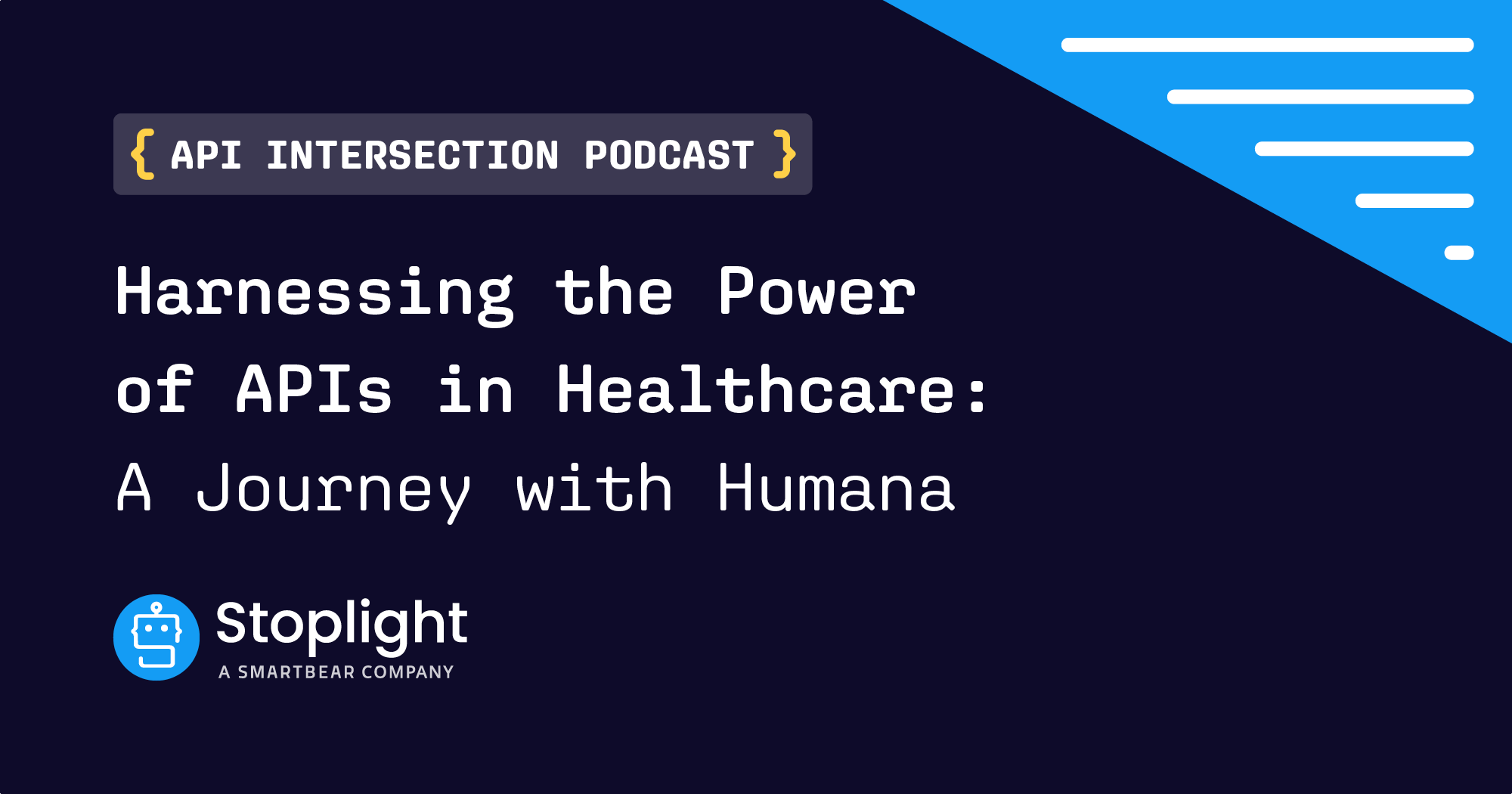By this point, you all know governance is one of my favorite topics to dive deep into, and this week, API Intersection, we had the talented Mark Boyd, director of Platformable, join us for a discussion of just that. Mark was one of the early and prolific bloggers on the topic of APIs and the API economy. His journey took him from urban planning and health data systems to becoming a prominent figure in the API space.
Mark later founded Platformable, a Barcelona-based startup building data products and digital tools for a global audience of nonprofits, businesses, startups, and multilateral organizations focusing on developing open ecosystems through APIs.
Working with a multitude of nonprofits and government agencies, Mark has had a variety of experiences in creating APIs and governance programs that can fit the standards and qualifications needed by these agencies. Let’s get to it.
An Equity Lens in API Ecosystem Development
Before we even get into the governance side of things, I would be remiss if I didn’t touch on Mark’s emphasis on equitable API development. One of the things Mark discussed with us was the need for an equity lens in API ecosystem development, noting that the speed of API adoption can quickly exacerbate inequalities or exclude specific sectors.
“Consider indirect beneficiaries such as society and the environment when planning API ecosystems; build your APIs with an equitable lens to avoid creating exclusionary technology,” shares Mark. “API technology can significantly impact sectors like transportation and environmental sustainability.”
Since Platformable’s focus surrounds the importance of using APIs to create open systems where everyone can participate and co-create value, their team developed an ecosystem mapping approach to measure the network effects of APIs in various sectors to ensure inclusivity is a priority. This mapping goes beyond traditional market analysis and aims to include considerations of equity, societal impact, and environmental factors.
High-level & Middle Manager Buy-In
The other component to ensure you have locked down BEFORE you get into the governance side of things is to ensure you have organizational buy-in for your AP program and the governance standards you want to put in place to support it.
“You need high-level support; it’s necessary to have that buy-in from business managers to ensure successful API adoption. It can sometimes be difficult to incentivize managers who may have other competing priorities,” shares Mark.
Often, while APIs are recognized as valuable, trying to prove that to your middle managers, who often have a multitude of competing priorities that they must balance, can be challenging. Mark illustrated this challenge with an example of a bank that considered implementing APIs to modernize their leasing line of business. However, when they realized the amount of work required to clean up their data sets to make them suitable for APIs, it led to a considerable delay in their API program.
“Find the right project or team within the organization that is eager and willing to collaborate on implementing APIs,” shares Mark. He notes that even launching a successful pilot project can demonstrate the benefits of APIs, as this can spark excitement and interest among other teams in the organization.
Mark’s best practice to gain buy-in to his API program has been identifying a team or project that is open to collaboration and then working closely with them to showcase the benefits of API integration and good governance to match. This approach aligns with his belief in taking practical steps and leveraging the momentum of successful launches to drive API adoption and cultural change within organizations.
“Accept the existing systems and APIs that may not be perfect, but they can be functional,” shares Mark. He compares this situation to technical debt and mentions that even though that’s not always ideal, these legacy systems are still working and fulfilling their purpose, even if it’s not exactly how you’d want them built for the long term. You must find a way to work within the systems and processes your organization already has to start real change. Run a mile, move an inch!
“I suggest a two-track approach to governance, where existing APIs may not be completely overhauled but are left as they are, while new APIs are built according to the new governance standards,” shares Mark. In my own platform-building experience, this has always been a successful formula!
Good Governance Goes a Long Way
Speaking of governance, Mark’s approach to governance is grounded in evidence-based practices.
He notes there is a distinction between API and data governance and how these areas often get treated as separate projects. Instead, Mark advocates for the best practice of bridging the gap between these domains. This approach is even more beneficial if you’re creating a lot of APIs for government agencies specifically since many organizations in that industry often want to retain ownership of their data sets due to financial investments.
“We find it helpful to have a data registrar responsible for maintaining a centralized, trusted data set, which various departments can access via APIs. This approach ensures consistency and reduces the proliferation of disjointed data sets,” shares Mark.
Working Progress Mindset
Another governance tip Mark offers is to have a working progress mindset, focusing on practical solutions rather than trying to design all future APIs and standards in advance. Standards are necessary, but you don’t have to have it all figured out and mapped out immediately for everything. It can be an evolving process as your API program grows.
However, do consider having a basic set of consistent API design standards, data models, and naming conventions to ensure that new APIs across an organization are built to a common standard.
We’ve talked with many practitioners before who have told us “don’t boil the ocean”, and Mark’s pragmatic advice matches up perfectly.
Balance Between Bureaucratic & Flexible
Additionally, when creating API governance systems, try to create a program that is not overly bureaucratic but still effective. Mark enforces the importance of finding the right balance between standardization and flexibility for growth, especially in larger organizations.
Also, automating governance standards using tools like Stoplight’s open-source linter, Spectral, can make your life a whole lot easier. This ensures that approved standards are followed without causing bottlenecks in each API’s approval process.
I appreciated catching up with Mark and his thoughts on great governance. There’s always more to be done in creating strong governance for your APIs and making them equitable on top of that! For more industry insights, check out API Intersection.

